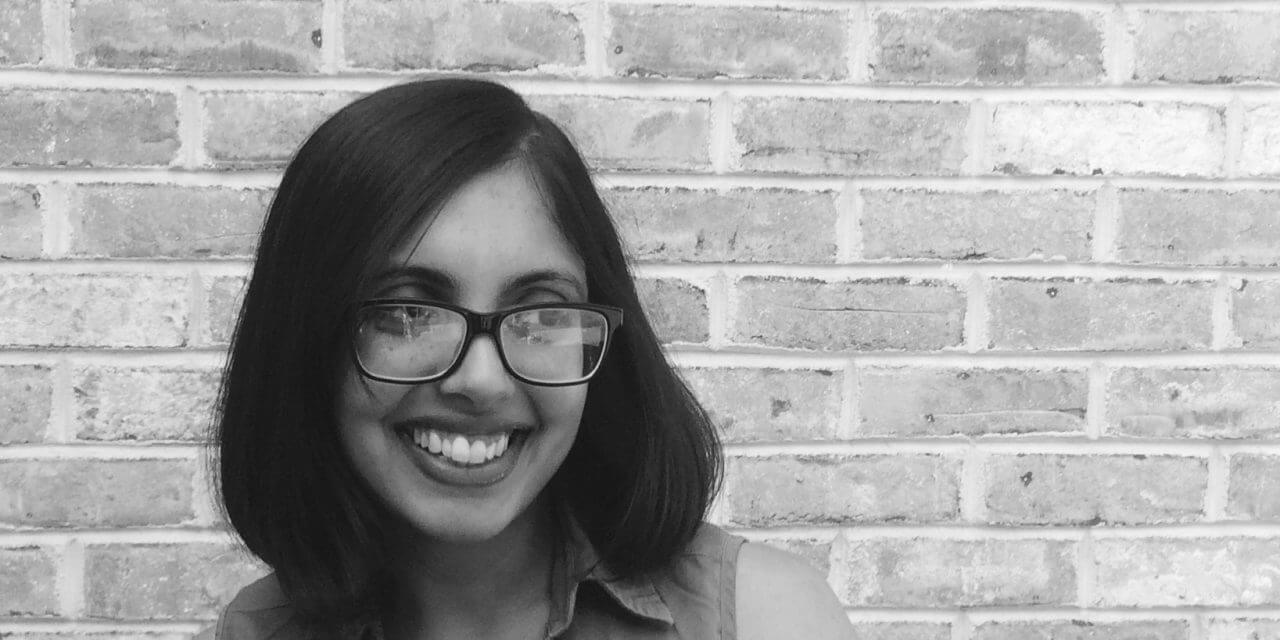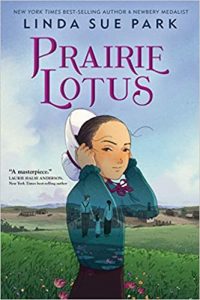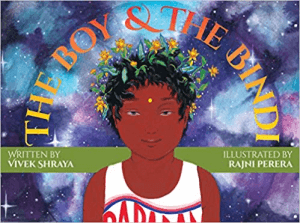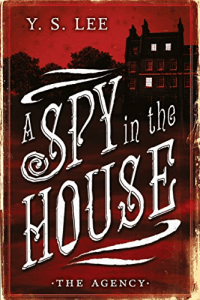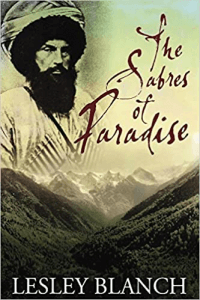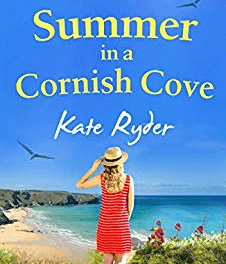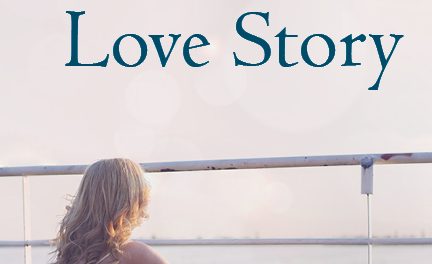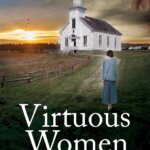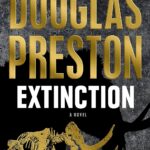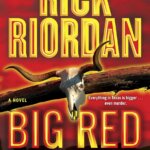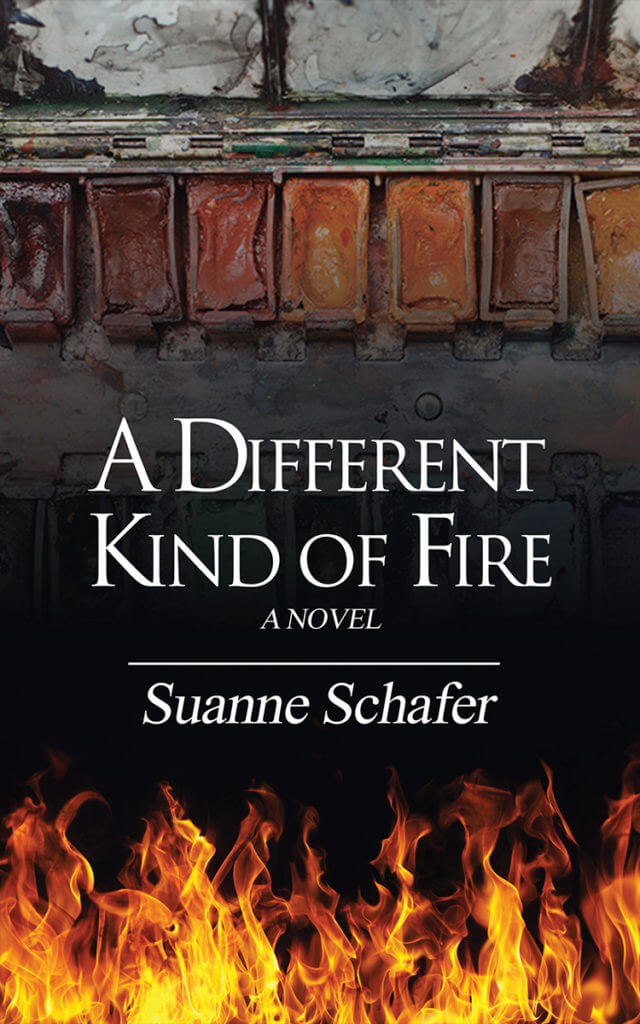Rashi Rohatgi joins me today in a socially-distanced interview. She’s the author of Where the Sun Will Rise Tomorrow. An Indian-American Pennsylvania native who lives in Arctic Norway, her short fiction and poetry have appeared in A-Minor Magazine, The Misty Review, Anima, Allegro Poetry, Lunar Poetry, and Boston Accent Lit. Her non-fiction and reviews have appeared in The Review Review, Wasafiri, World Literature Today, Africa in Words, The Aerogram, and The Toast. She is a graduate of Bread Loaf Sicily and associate professor of English at Nord University.
SS: What literary pilgrimages have you made?
RR: My novel is a work of historical fiction with a teenage girl protagonist, so on a family road trip from Chicago to Mount Rushmore, we each got to pick a detour, and mine was, of course, to De Smet, South Dakota, where Laura Ingalls famously met Almanzo Wilder. I loved those books to pieces as a child, not without wishing that there weren’t other, less imperialist books to love. If you were a Little House fangirl, I highly recommend Linda Sue Park’s latest, Prairie Lotus, which features a biracial teenager in a time and place (intentionally) very similar to De Smet.
SS: Writing is undoubtedly a lonely occupation. John Green (The Fault in Our Stars) says writing is a profession for introverts who want to tell you a story but don’t want to make eye contact while doing it. P. D. James (Cover Her Face) says it’s essential for writers to enjoy their own company. Do you see yourself along those lines? Are you a natural loner?
RR: Absolutely, especially the first. When my now-partner and I were long-distance for a year, I refused to video-chat because it felt too intrusive. Luckily he looked pretty much as I remembered afterwards.
SS: Which non-literary piece of culture could you not imagine your life without?
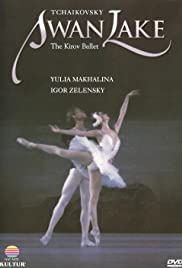
SS: If you could write about anyone, fictional or nonfictional, who would you write about?
RR: I don’t know if I will ever write about her, but right now, Maria Beaumont. I went to a school that was explicitly feminist—I believe we were the first school for girls in the American colonies – but when I attended, quiet on matters of race. It was a hard place to be a teacher of color, I was told, and a strange place to be a student of color. But recently I learned that for years after its founding, the school educated and employed women of color, including Maria Beaumont, who was a student and then a music teacher in the late 1700s. It was rumored that she left her teaching position because of students’ racist abuse (and, implicitly, the institution’s response), and the school stopped admitting and hiring non-white people for a long while afterwards. I want this novel to exist. I want several versions of this novel to exist, including a timeslip novel.
SS: Who do you most wish would read your book?
RR: Parul Seghal. (NB: Paul Seghal is a NY Times book critic)
SS: What are you currently reading?
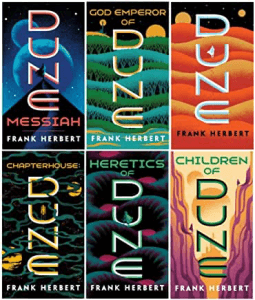
SS: Have any new writers grasped your interest recently?
RR: I desperately want people to talk to about Y.S. Lee. Her “ahistorical fiction” novels about a Chinese-British female detective in mid-19th century London are very, very good.
SS: Which book(s) do you return to again and again?
RR: Lesley Blanch’s The Sabres of Paradise. I read this first, but most people probably know it because of its influence on the world of Dune.
SS: I’ll have to read that. I read Dune about a million years ago. What’s something memorable you’ve heard from your readers/fans? What’s been the best compliment?
RR: A reviewer has written that this novel is “reminiscent of Virginia Woolf” and whoever you are, blogger at English Plus, all I can say is thank you.
SS: What is your most recent book? In twenty-five words or less, tell me why your book should be a reader should start your book next.
RR: Not sure what you’d have in common with teenage revolutionaries in partitioned Bengal after the Russo-Japanese War? Read my novel and find out.
SS: Historical fiction seems to be a great way to “hide” commentary on current political or social issues in a narrative about the past. Do you think political statements belong in literature? Would you write a novel that was a political tract?
RR: Yes! My novel was inspired in part by societal response to the Bethnal Green trio, a group of teenage girls who left their homes in the UK to join ISIS. The New York Times described their story as “Jihad and Girl Power,” and, well, I found that frustrating.
SS: Susan Sontag (The Volcano Lover) said, ‘Every fictional plot contains hints and traces of the stories it has excluded or resisted in order to assume its present shape. Alternatives to the plot ought to be felt up to the last moment.’ What story did you set aside in the writing of your novel?
RR: I originally envisioned the story as part of a larger, multi-generational chronicle, but eventually wanted to narrow it down to one specific moment in time. I do think a lot about the 1955 characters I left behind; ten years after Partition, when student movements were just beginning to change the shape of the young country – what did it mean, then, to live in an intergenerational household? How would that help, or hinder, your response to the trauma of Partition? I don’t think I will ever flesh out what I have into a novel, but I would love to read someone’s else’s interpretation of that time, those questions.
LIGHTNING ROUND:
Describe your books in 3 words: saris, romance, revolution
Another genre that you would love to write: mystery
When writing, are you a night owl or morning person? morning person
Pantser or Plotter? plotter
Book you’re currently reading: Nietzche and the Burbs by Lars Iyer
Your favorite guilty pleasure: Divine Chocolate
Your favorite historical era: early 1900s of course!
What is your favorite historical movie? The Lives of Others
********************

Amazon | IndieBound | B&N
You can follow Rashi on social media here:
********************
